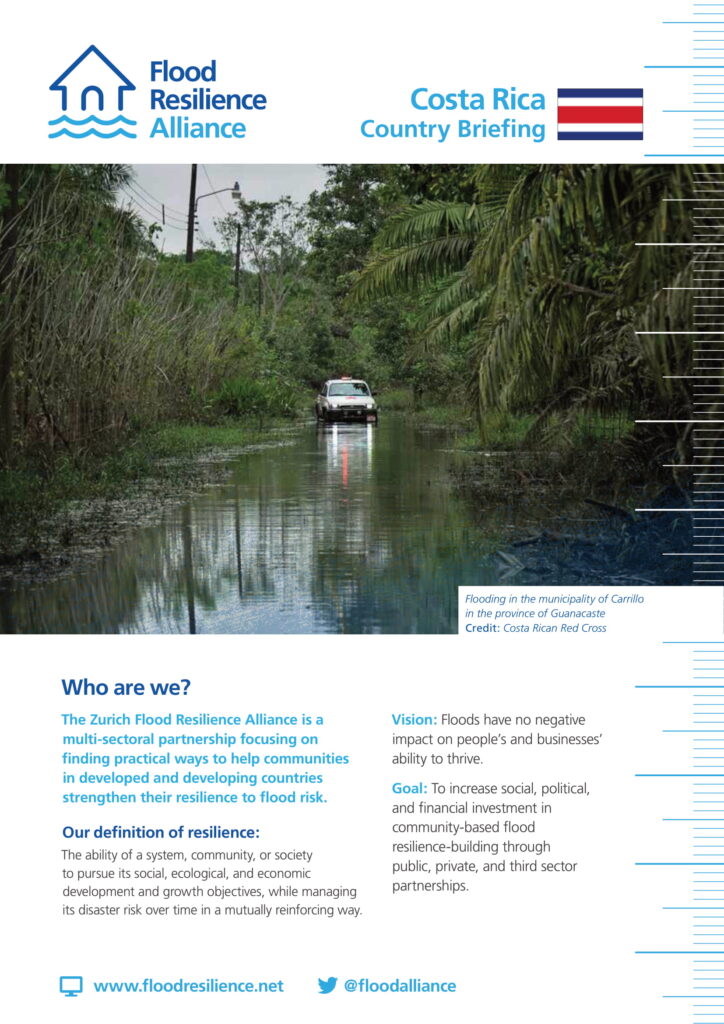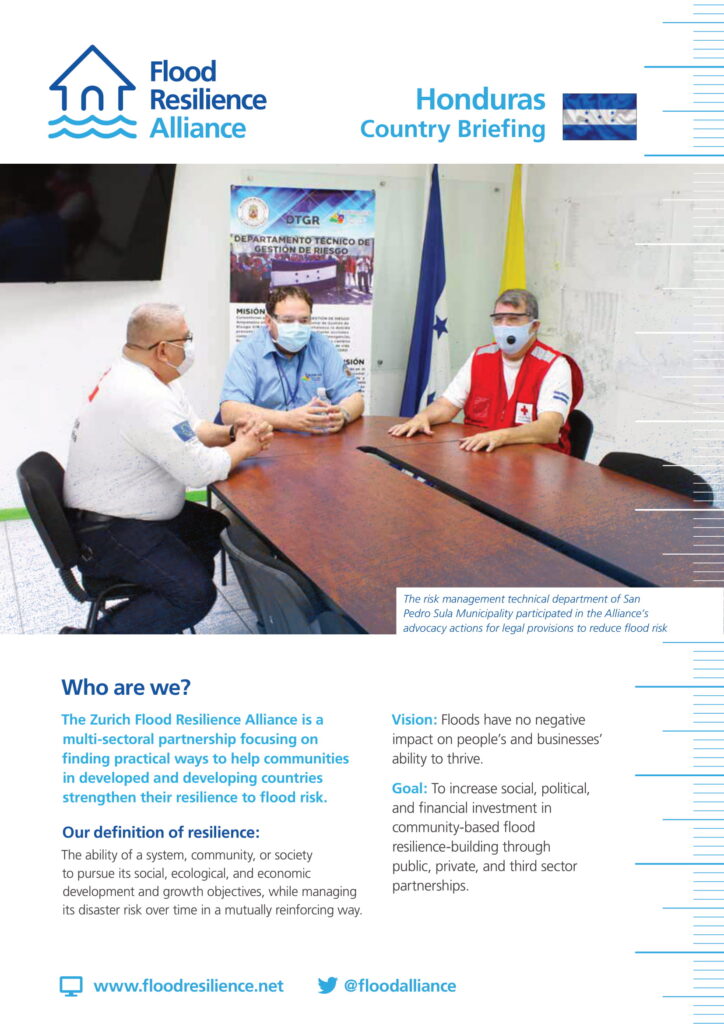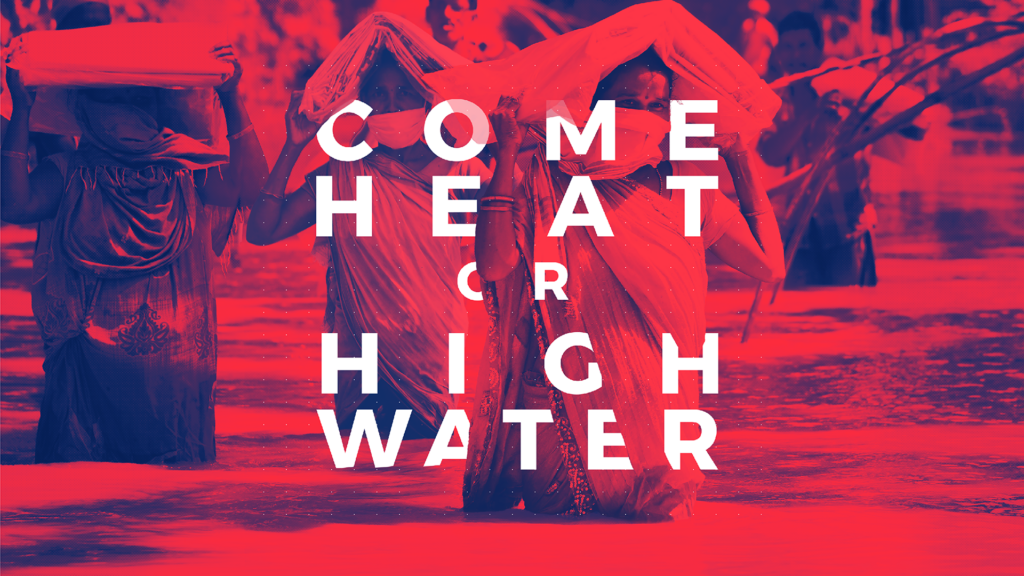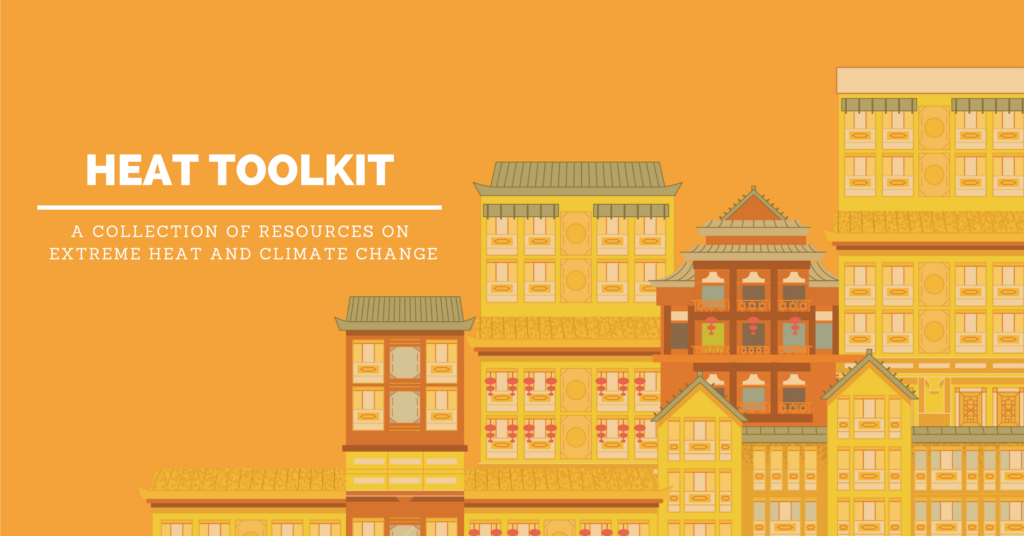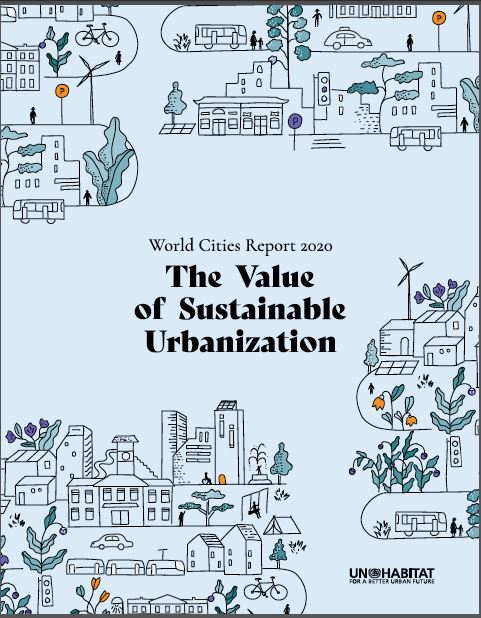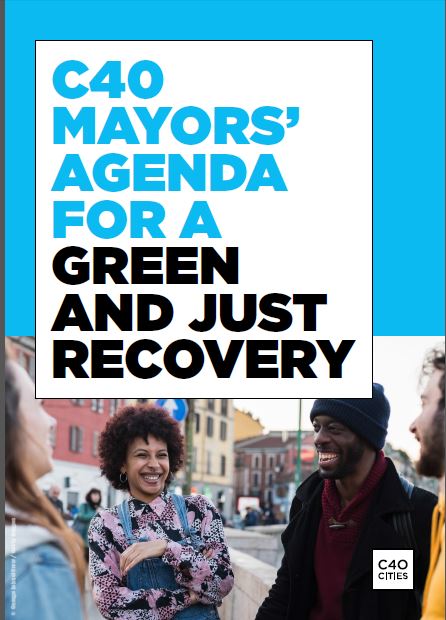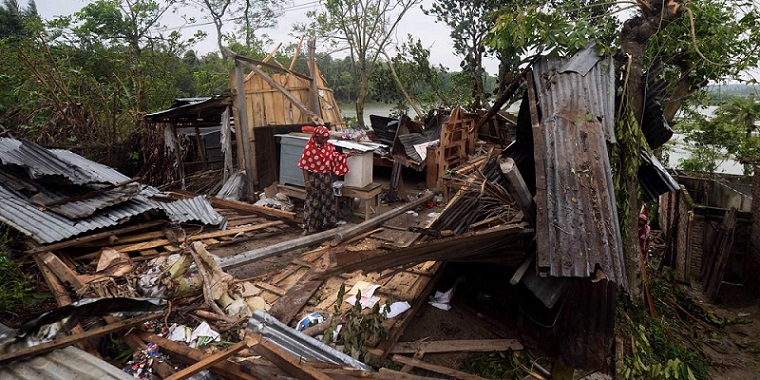Flood Resilience Alliance: Costa Rica Country Briefing
In Costa Rica, drivers of vulnerability such as unplanned population growth, poor distribution and use of land, and the mountainous and steeply sloping terrain have led to great ecological imbalances. One of the consequences is devastating flooding with sudden overflows. The La Estrella, Limoncito, Banano, Reventazón, Matina, and Pacuare rivers, in the Limón province, and […]
Flood Resilience Alliance: Costa Rica Country Briefing Read More »

